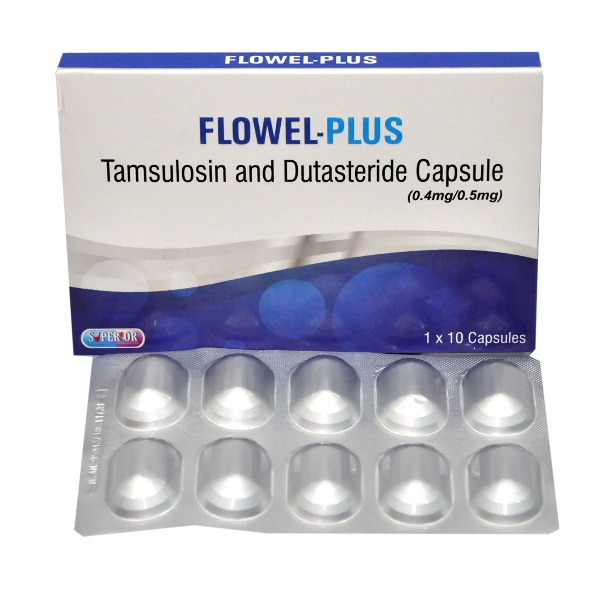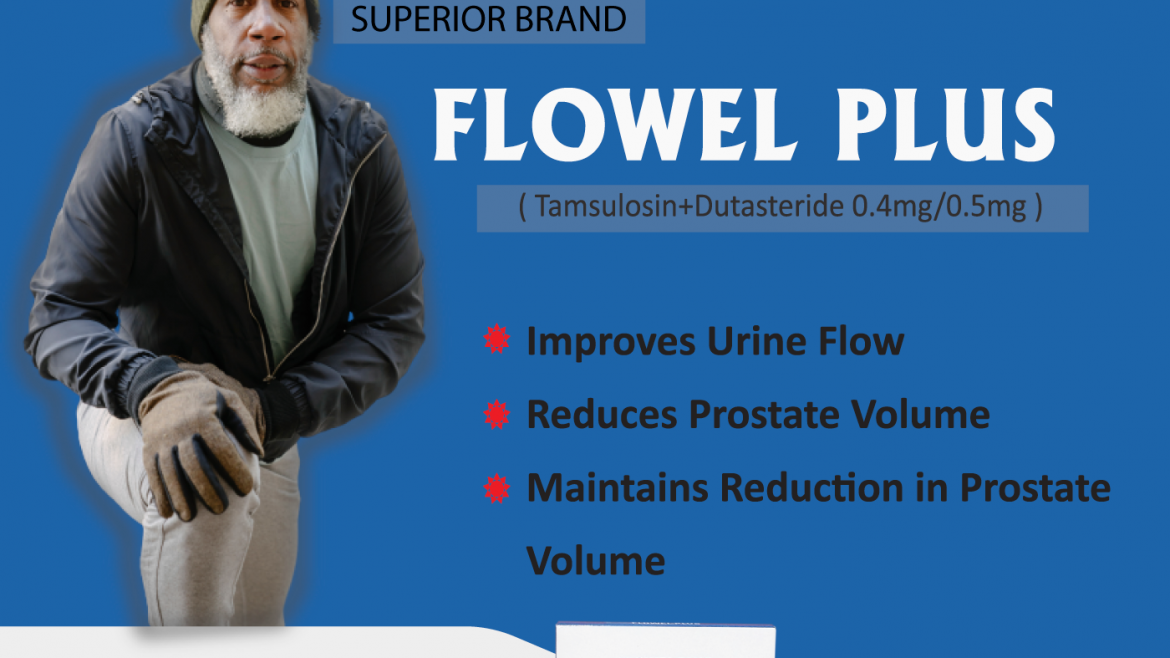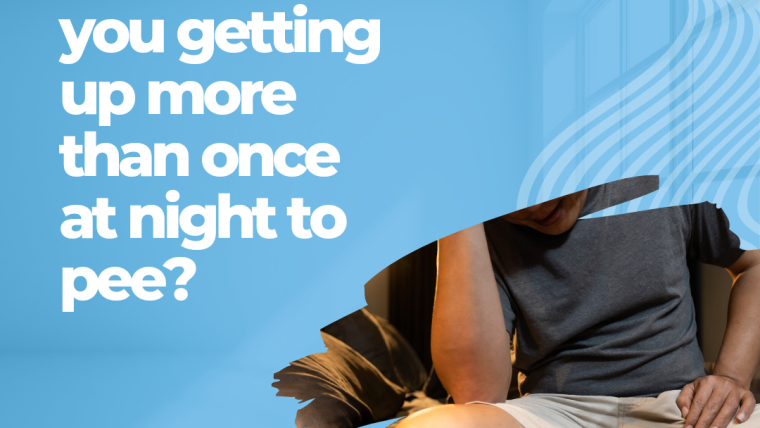Complications of benign prostate enlargement
Benign prostate enlargement can sometimes lead to complications, such as a urinary tract infection or acute urinary retention.
Urinary tract infections
If you’re unable to empty your bladder properly, there’s a risk that bacteria in your urinary system won’t get flushed out and will spread through the urine to cause a urinary tract infection (UTI).
Symptoms of a UTI include:
- cloudy, bloody or bad–smelling urine
- pain in your lower abdomen (tummy)
- nausea
- vomiting
- shaking and chills
- a high temperature of 38C (100.4F) or above
UTIs can be treated with antibiotics. A single UTI isn’t usually serious, but repeated UTIs can damage your kidneys and bladder. If you have a history of repeated UTIs, you may need to have surgery.
Acute urinary retention
Acute urinary retention (AUR) is the sudden inability to pass any urine. AUR should be treated as a medical emergency, because without prompt treatment urine may be passed back up into the kidneys, which can damage them.
Symptoms of AUR include:
- the sudden inability to pass urine
- severe lower abdominal pain
- swelling of the bladder that you can feel with your hands.
FLOWEL PLUS (Tamsulosin and Dutasteride 0.4/0.5mg
- This medication is used in men to treat the symptoms of an enlarged prostate (benign prostatic hyperplasia- BPH). It works by reducing the size of the enlarged prostate. This helps to relieve symptoms of BPH such as difficulty in beginning the flow of urine, weak stream, and the need to urinate frequently or urgently (including during the middle of the night). It may also reduce the need for surgery to treat BPH.

Indications
- It improves urine flow
- Reduces prostate volume, reduces long term risk of AUR and need for BPH surgery
- Prevent disease progression
- Quick onset of action.
- 25% reduction in incidence of prostate cancer
- Read the Patient Information Leaflet if available from your pharmacist before you starts taking this medication and each time you get a refill. If you have any questions, ask your doctor or pharmacist.
How common is benign prostate enlargement?
Benign prostate enlargement is a condition associated with ageing and is common in men over 50 years of age.
Around 4 out of 10 men (40%) over 50, and 3 out of 4 men (75%) in their 70s have urinary symptoms caused by an enlarged prostate.




